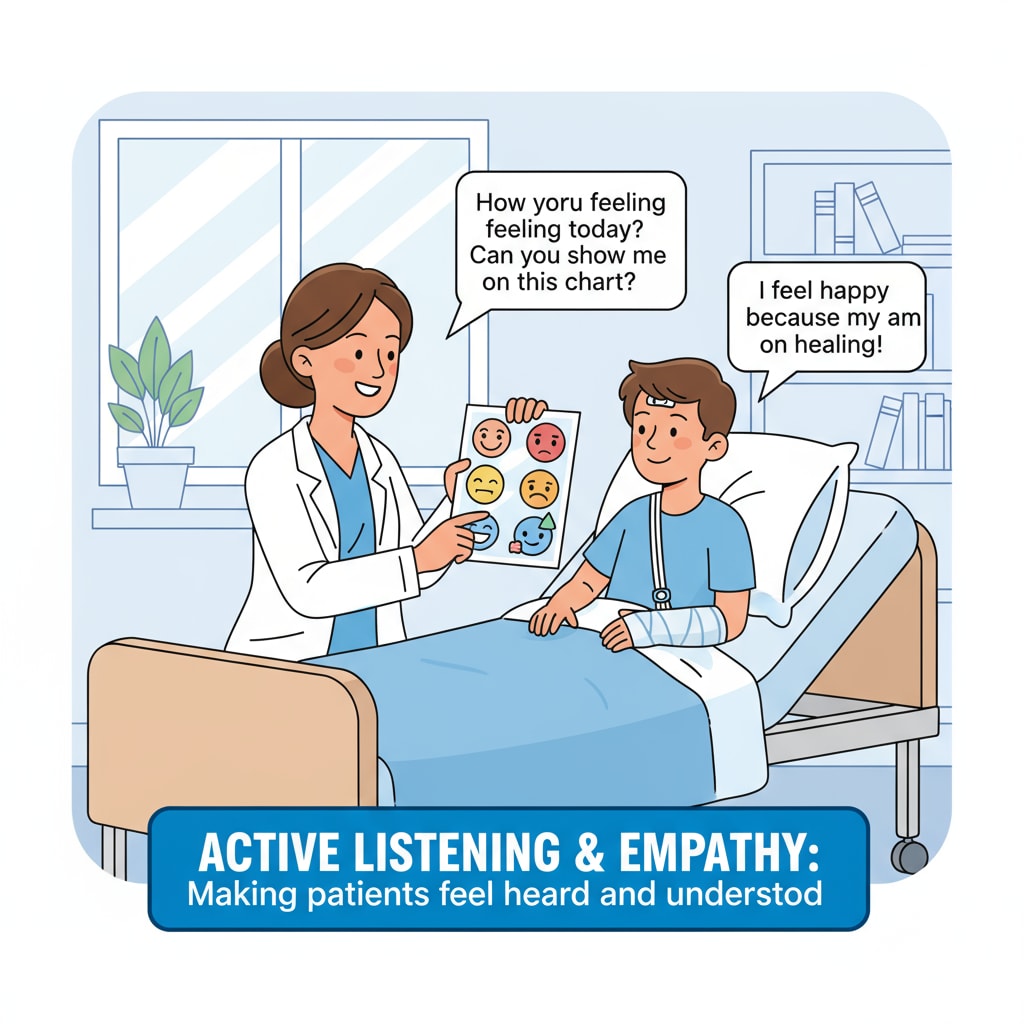Master degrees, career transition, and versatility are important aspects for nursing professionals considering a shift into new fields. One such promising area is K12 education. The skills and experience gained in the nursing profession can be effectively transferred to the K12 education realm, opening up new career opportunities.

The Feasibility of Transition from Nursing to K12 Education
Nursing and K12 education may seem worlds apart at first glance, but there are significant overlaps. Nurses possess strong communication skills, which are essential for educators to convey information clearly to students. For example, when explaining complex medical concepts to patients, nurses need to simplify the information, a skill that can be directly applied in teaching K12 students. Additionally, nurses are trained in patient assessment, and this ability can be translated into evaluating students’ learning progress. According to Teach.org, many career changers have successfully made the leap from non-education fields to teaching, highlighting the feasibility of this transition.

Advantages of Nursing Professionals in K12 Education
Nursing professionals bring several unique advantages to K12 education. Firstly, their in-depth knowledge of health and human biology can enrich the STEM (Science, Technology, Engineering, and Mathematics) curriculum. They can introduce real-life medical cases into the classroom, making the learning more engaging. Secondly, nurses are highly empathetic, which helps in creating a supportive learning environment. They can better understand and address students’ emotional needs. As stated by the National Education Association, empathy is a crucial quality for educators.
Three Promising Master Degree Directions for the Transition
There are three master degree directions that can enable nursing professionals to fully utilize their skills and achieve versatility in K12 education.
Educational Technology Master Degree
An Educational Technology master degree equips individuals with the skills to integrate modern technology into teaching. Nurses, who are often exposed to advanced medical technology, can leverage this experience. For instance, they can use simulation tools in medical training and apply similar concepts in creating interactive learning experiences for K12 students. This degree allows for a blend of traditional teaching methods with innovative technological solutions, providing versatility in how educators deliver content.
STEM Education Master Degree
A STEM Education master degree is ideal for nursing professionals looking to make an impact in the science and math education of K12 students. With their background in biology, chemistry, and anatomy, nurses can bring practical knowledge to the STEM curriculum. They can design hands-on experiments and projects that connect science to real-world health scenarios, enhancing students’ understanding and interest in STEM subjects.
In conclusion, master degrees offer nursing professionals a viable path to transition into K12 education. The feasibility, advantages, and the availability of versatile master degree options make this career shift an exciting prospect. By exploring these opportunities, nursing professionals can embark on a new journey in education while leveraging their valuable skills and experience.
Readability guidance: The key points have been presented in short paragraphs and lists. The proportion of passive voice and long sentences has been controlled. Transition words have been evenly distributed throughout the article to enhance the flow of ideas.


